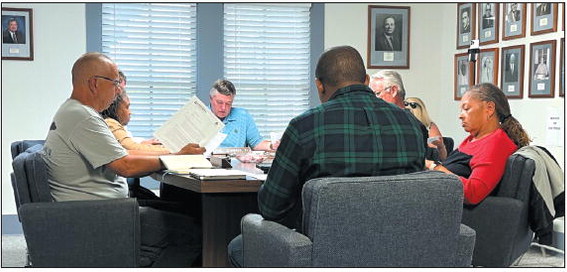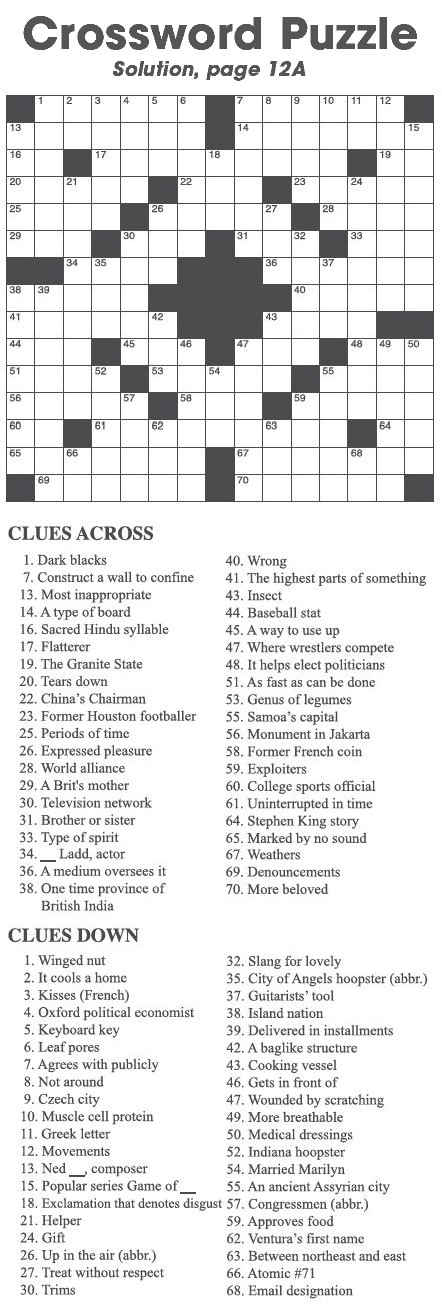Georgia Milestones test scores show post-pandemic improvement
Students showed continued improvement in the latest Georgia Milestones tests that cratered during the pandemic, the state Department of Education (DOE) reported Friday.
The 2023-24 results showed scores increased or held steady in 10 of 13 assessments in English/ language arts (ELA), science, and social studies. Because math assessments were updated to align with the new K-12 mathematics standards first implemented during the school year just ended, Milestones math scores won’t be released until this fall.
“I am proud of Georgia’s students and educators for their continued hard work, which has led to consistent improvements in student performance over the last several years,” State School Superintendent Richard Woods said. “There is certainly still work to be done, but I am confident we are on the right path.”
The strongest gains came among fifth graders, who gained six points in proficiency in English/language arts compared to the previous school year and gained two points in proficiency in science. Sixth and eighth graders each gained three points on the ELA assessment.
On the down side, English/language arts proficiency declined by one point among Georgia third graders.
Allison Timberlake, the DOE’s deputy superintendent for assessment and accountability, attributed the decline to lingering effects of the pandemic, when many schools were closed and students were forced to rely on online instruction.
“Those third graders were in kindergarten during the 2020-21 school year,” Timberlake said. “That probably had a role to play in initially developing those early-learning skills.”
This year’s decline in reading scores among third graders is part of a larger trend. According to 2022 assessment data presented to the Georgia Council on Literacy last fall, 56% of third-grade students were not prepared to move to the next grade.
The General Assembly responded last year by passing the Georgia Early Literacy Act, which required the state Board of Education to provide reading screeners and training in literacy instruction to teachers in kindergarten through third grade.
The DOE is placing fulltime literacy coaches in elementary schools throughout the state, focusing on the lowest-performing 5% of schools.
State Sen. Billy Hickman, R-Statesboro, a leading advocate for improving literacy in Georgia, said the state has invested $6 million to hire literacy coaches for school districts that can’t afford the cost on their own. The new program – Let’s READ, Georgia! – was launched on Thursday during a ceremony in Warner Robins.
“The bigger school districts are doing a good job,” Hickman said. “(But) rucontinued from page
ral systems don’t have the people or the financial resources to implement this. This is going to be a great thing.”
Teachers are currently training to implement new ELA standards aligned to the science of reading and structured literacy, which emphasize the necessity of systematic instruction on phonics as well as comprehension and vocabulary. The new standards will take effect during the 2025-26 school year.
Dana Rickman, president of the nonprofit Georgia Partnership for Excellence in Education, said she’s encouraged by this year’s Milestones test results.
“The upward trend, particularly on the Grades 5 and 6 ELA assessments, is promising,” Rickman said. “At the same time, as we dig deeper into the results by district and schools, we see opportunities for growth and improvement. We know that schools still are struggling with the unique challenges that emerged during the pandemic.”
Statewide results as well as district and individual school results are available on the Department of Education website.







NITTY GRITTY
Posted on